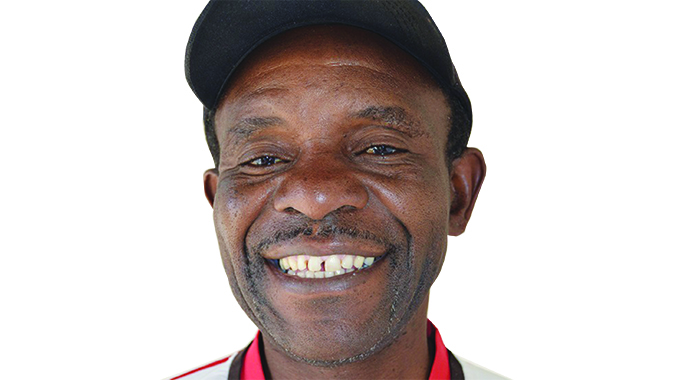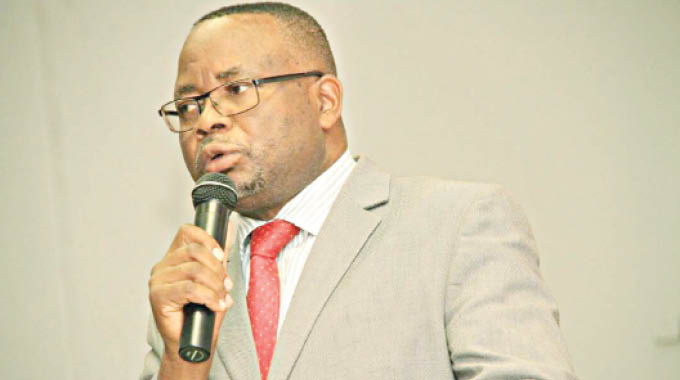Marriage secrets and betrayal: What happens after divorce?

Andile Tshuma, Gender
The marriage institution is often viewed as a sacred union and a safe space for spouses.
Marriage, and home provide that sense of security, and for many, it is that one space where they are fully free to be themselves. People may live double lives out there and may have the characters of chameleons, but the real person and their true character is often known and unleashed at home.
We may live with a person for years, and know them as an introvert, yet at home they are extroverted and he loudest outspoken person you can ever come across.
That is what home and feeling ‘safe’ in a familiar environment does to us, we let our guard down. However, this week saw a majority of married couples, as well as those who fancy the idea of married life, questioning the sanctity of marriage following the drama surrounding the state capture commission in South Africa and the Gigaba family.
The brief background is that South Africa’s Deputy Chief Justice Raymond Zondo dismissed an application by former finance minister Malusi Gigaba to block his estranged wife, Norma Mngoma, from giving evidence at the State Capture Inquiry. Gigaba’s legal representative, Advocate Richard Solomon, relied on two points when he made the application to Zondo on Monday evening.
Solomon said that Mngoma should not be compelled to give evidence about her husband’s alleged dealings with the Gupta family as she was entitled to uphold her marital privilege.
As his second point, Solomon presented that since Mngoma had previously backed out of giving evidence at the commission, this was indicative that Mngoma was exercising her right to keep her married life private and that the commission should not compel her to give evidence.
Well it is all water under the bridge now as Mngoma bared all and told of the Gigabas’ life and moments and gifts and more, shared with the Guptas. What is interesting to Zimbabweans now, is whether any marital secrets are safe in the case of divorce, and whether people must share their secrets at all.
Not to say that Mngoma was right, incriminating herself too, or wrong either about testifying at the commission, the bone of contention is on how safe your secrets are with your spouse should your marriage hit some rocky patches?
Should you even be sharing your secrets, especially the incriminating stuff, or should your ghosts be only known by yourself and the Creator. A colleague this week said he has always been sceptical about sharing some of his deals at home as he feels that he has an overprotective wife. He however said the unfolding developments at the Gigaba household has re-assured him that incriminating secrets are never to be shared, not with anyone.
So, if you assist someone, say in drafting or securing a tender of sorts, without expecting anything in return, and then as a way of showing gratitude, they present you with a nice car as a gift. Should your assistance and the car be vowed as a transaction? Suppose something goes wrong and an investigation into the awarding of the tender is done.
Your spouse must testify and she knows the car was a gift from the person that won the tender and it is mentioned. To the outside world, that’s the end of the investigation, you were bribed. Anyway, that’s just one case, but for the purposes of personal safety and ensuring peace and harmony, what is the best way to deal with such issues?
Everyone probably has something they do not want the world to know about them, e,g their health status, but they may be comfortable sharing it with their spouse as that is their safe space. What happens when that safe space is threatened and there is a risk of being exposed?
The law of Zimbabwe provides for marital privilege, where spouses can refuse to testify against their partners, citing that privilege.
In Zimbabwe, Section 76 of the Criminal Procedure and Evidence Act has provisions for a witness’ refusal to be examined. Section 291 and 292 of the same piece of legislation provide for privileges arising out of marital state and for witnesses to refuse to testify for reasons of being a spouse of the accused person.
According to the Zimbabwe Law Review, assuming that the spouse is a compellable witness, the privilege entitles her to refuse to reveal a communication that was made to her by the accused spouse during the subsistence of the marriage.
She also has a right to refuse to disclose a communication that she made to the accused spouse. Underlying the privilege is the much proclaimed inviolability of domestic confidence. The disclosure of communications between spouses is presumed to be so socially harmful as to outweigh whatever short term contribution the revelation may make to the resolution of a pending case.
In addition to the right to withhold information to which she is privy, the witness spouse has a derivative right to refuse to answer a question which would reveal the accused spouse’s previous convictions or previous misconduct, if the accused would have had a similar right.
This privilege can have far-reaching implications for the fact finding capacity of a criminal court where the accused’s spouse is the sole witness. The incidence of the privilege cannot be superseded by the nature or gravity of the offence. Marital privilege in criminal cases survives the judicial dissolution of the marriage.
When two spouses communicate between them secret or confidential private matters, these details can remain secret and out of civil or criminal proceedings through invoking the marital privilege. This is the concept that two spouses can protect each other from communications in marriage and from testifying against each other barring any exceptions or once the two get divorced. Generally, privilege is possible through either one spouse outside of the proceedings or the person within the case invoking these protections from the other spouse.
When one spouse needs to invoke the protections of marital privilege, he or she must do so manually as this privilege is not an automatic thing in the courtroom. To stop a spouse from testifying or to protect communications that occurred in the marriage from a court case, the individual must invoke the right of privilege in the case.
The other spouse may not even know what he or she can prevent testimony or not provide details in the courtroom or with the opposing lawyer because of marital privilege. The lawyer that needs the testimony or communication details may not even explain that marital privilege is possible.
Generally, the protections that are in place to stop a spouse from speaking in the courtroom against the other spouse are no longer present once the marriage is legally over through divorce. The dissolution of the relationship severs the powers to invoke the privilege. However, the communications that remain secret during the marriage may still retain these protections and stop one spouse from speaking about them with others in a criminal or civil case.
However, these details must still remain private and confidential without giving them to a third party at any point from either person. The fact that marital privilege may not apply after the annulment of a marriage means that people must be careful about what they choose to share.
Sometimes, if you have skeletons in the closet, it is better to critically consider the consequences before being an open book. However, the fact remains that exposing marital secrets could be one of the greatest betrayals that anyone can endure. -@andile_tshuma.











Comments